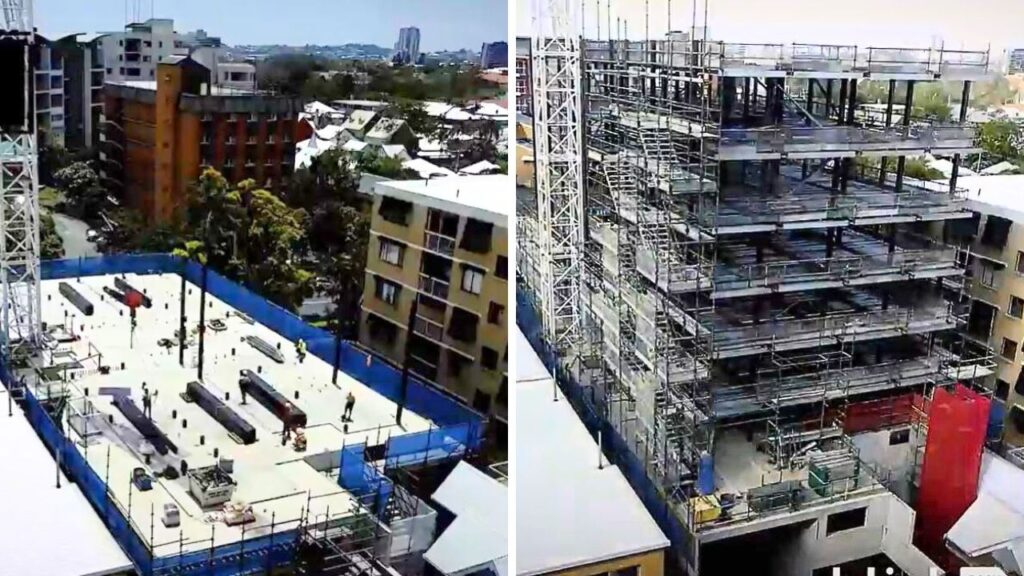Desperate act costing Aussies big money
Written by admin on July 1, 2024
Australians are extending the length of their mortgages in a desperate bid to bring down ever-increasing repayment amounts, but experts have warned it’s a short-term fix that could cause long-term pain.
New Finder research suggests 429,000 borrowers have added years to the length of their loan term in an attempt to fend off rising interest rates, with the cost of the average mortgage now $21,000 more per year compared with April 2022 when rates began to rise.
The research suggests 7 per cent of mortgage holders – about 231,000 people – have extended the term of their loan by less than five years, while 6 per cent have added more than five years to theirs.
While extending the term of a loan will bring repayments down in the short term, such a change will extend the amount of interest paid all up – costing Aussies a fortune.
Finder home loans expert Richard Whitten said even a small increase could have major implications on interest.
“Since lenders calculate interest daily based on the outstanding balance of a loan, over time that can add up to a significant extra burden in interest,” he said.
Paying off the average loan size of $625,050 over 30 years would cost a typical homeowner $722,602 in interest based on a variable rate of 5.99 per cent.
Adding just five years to the length of the loan would add a huge $147,457 to the total interest over the life of the loan.
For a borrower with a $1m mortgage, the amount of interest paid would go from $1,156,066 over the 30-year loan to $1,391,980 if five years were added to the term.
More than a third of Australians said they struggled to pay their home loan in June, up from 26 per cent in June 2022, according to data from Finder’s Consumer Sentiment Tracker.
Mr Whitten said anyone who had extended the life of their loan should look for ways to offset the change as soon as they could.
“When you’re stretched, you need to lower repayments straight away. But if you find yourself in a position to do so down the track, consider putting extra money into your home loan to make up for the costs that come with extending your loan,” he said.
“Most variable mortgages have a redraw facility, so homeowners can make extra repayments and still get access to those funds in an emergency. If your loan has an offset account it’s even better.
“You can park any extra savings there, get the full benefit of offsetting the interest charges and have complete access to the money when you need it.”
The Reserve Bank of Australia has made an aggressive run of 13 rate hikes since May 2022 in a bid to bring down inflation that spiked during the Covid-19 pandemic.
The RBA held the cash rate steady at 4.35 per cent at its June meeting, with earlier hopes of rate cuts by September growing dimmer by the day.
Speaking at the post meeting press conference, RBA governor Michele Bullock conceded that while the RBA was still on the “narrow path” in returning inflation to its 2 to 3 per cent target band without tipping the economy into recession, that path was appearing to be “getting a bit narrower”.
“We need a lot to go our way if we’re going to bring inflation back down,” Ms Bullock said.
“The board does need to be confident that inflation is moving sustainably towards target and it will do what is necessary to achieve that outcome.”
Experts now believe there will be another rate rise before November after higher-than-expected inflation data was released last week.
Judo Bank chief economic adviser Warren Hogan on Thursday described the latest inflation numbers as “pretty bad” and expected the central bank to embark on at least two additional rate hikes.
“It’s really unfortunate, it’s not good news at all and I think there’s a chance that they’ll go in August and September,” Mr Hogan said.







